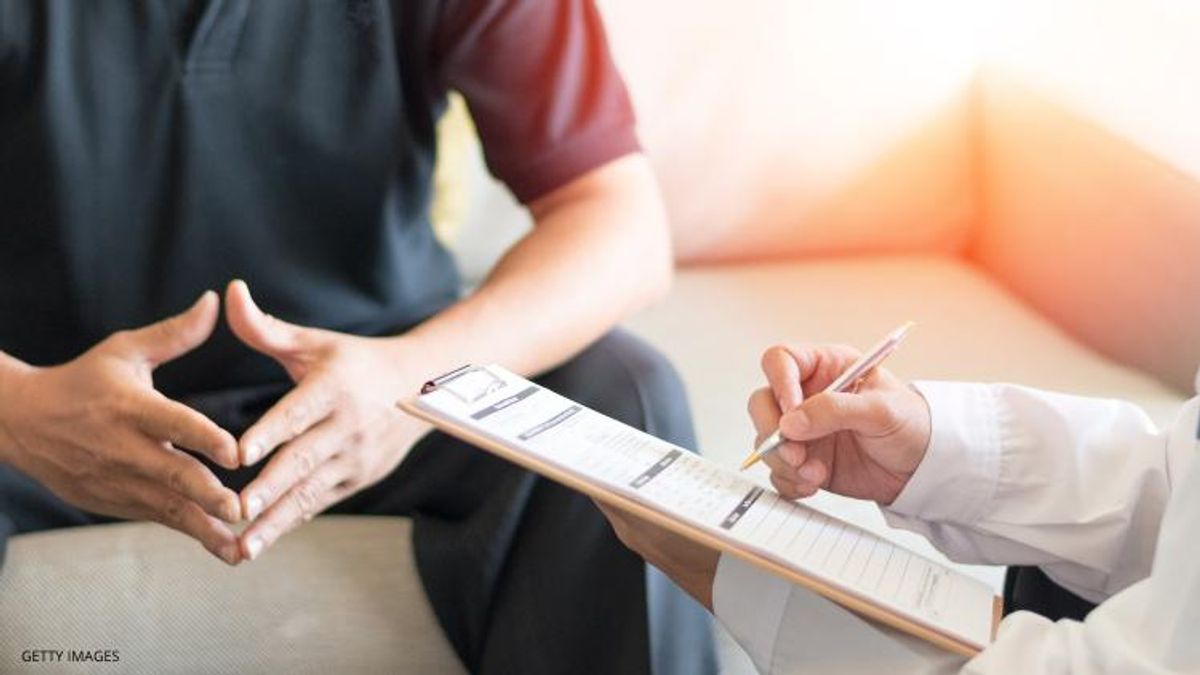Treatment
California Legislation Will Authorize Rapid Syphilis Testing For All

HIV counselors are currently authorized to perform rapid HIV tests, but not rapid syphilis tests.
February 06 2020 9:00 AM EST
By continuing to use our site, you agree to our Privacy Policy and Terms of Use.

HIV counselors are currently authorized to perform rapid HIV tests, but not rapid syphilis tests.
Today, California state Sen. Scott Wiener is introducing a bill that will authorize HIV counselors to perform rapid syphilis tests (or any combination HIV/hep C/STI test) in addition to routine tests they are already permitted to do.
Furthermore, Senate Bill 932 will require testers and navigators to undergo HIV-specific counseling training that has been certified by the state's Office of AIDS.
According to the latest report from the Centers for Disease Control and Prevention, from 2017 to 2018, there were more than 115,000 syphilis cases. The number of primary and secondary syphilis cases — the most transmittable stages of syphilis — increased 14 percent to more than 35,000 cases, the highest number reported since 1991.
Additionally, gonorrhea increased 5 percent to more than 580,000 cases (also the highest number reported since 1991), and chlamydia increased 3 percent to more than 1.7 million cases — the most ever reported to CDC.
According to the California Department of Public Health, gay and bisexual men (especially African-Americans) are among the most at-risk group of people between ages 15 to 24.
Under current law, HIV testers don’t have the authority to perform rapid syphilis tests, despite the fact that they have been FDA-approved since 2014 and produce results in approximately 10 minutes — as opposed to routine STI tests, which require skin punctures for purposes of withdrawing blood and typically provide results within a few days.
Wiener believes the bill, if passed, will encourage more people to get tested. And given that test results will be produced in a matter of minutes, people who receive positive results will be able to get treated immediately, instead of waiting days or weeks to return for proper treatment.
In some cases, when a testing center is far from a person’s home, folks might forget (or neglect) to return to the center at all, which increases the likelihood of STI transmission.
“Syphilis is a major public health threat, and infections are increasing across the country and in California," Wiener said in a statement. "Other STIs like gonorrhea and chlamydia are also on the rise. We currently have the tools to quickly get people tested for syphilis and get them the care they need. Our healthcare providers must be allowed to actually use those tools as they are developed and approved."
The bill — which is co-sponsored by San Francisco AIDS Foundation and APLA Health, and co-authored by Senator Lena Gonzalez (D-Long Beach) — aims to make testing facilities a “one stop shop” for all STI testing.
The legislation is the latest in Sen. Wiener's plan to spearhead more access to care. Last month, the out gay politician proposed a bill that would require the state’s health agency to develop and implement a statewide plan to fighting HIV, hep C, and other STIs.
“Expanding access to rapid syphilis and other STIs testing is a key part of helping people know their status and get quick and effective treatment," continued Wiener. "It makes all the sense in the world to allow HIV counselors – who already perform rapid HIV tests – to also perform rapid syphilis and STI tests at the same time.”